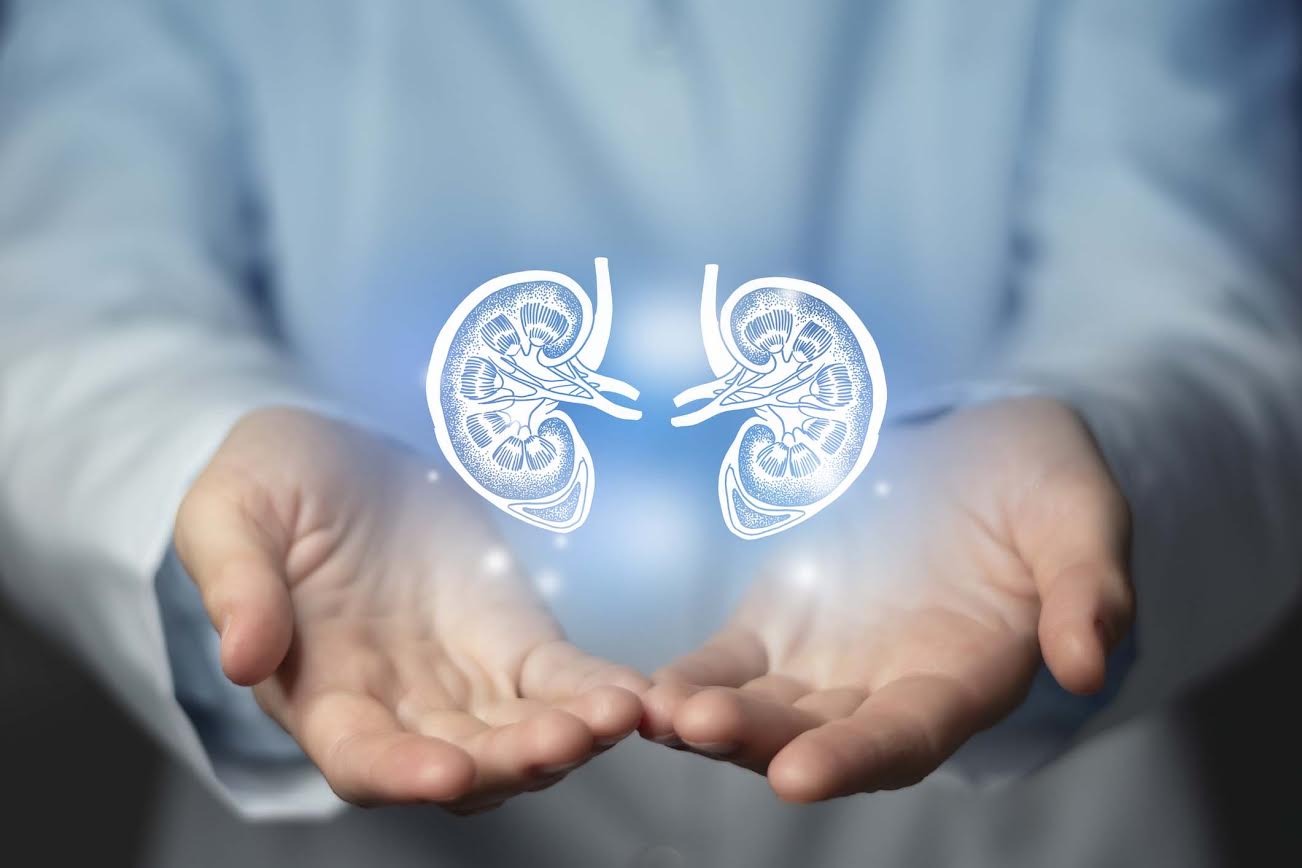CENTRE COUNTY — Every 30 minutes, our kidneys filter all of the blood in our bodies. While they remove wastes, toxins and excess fluids, our kidneys also help control blood pressure, signal the body to make red blood cells and regulate blood chemicals that are essential for life. When the kidneys lose their ability to filter waste products from the blood and toxins and other substances build up in the body, chronic kidney disease (CKD) develops.
According to the National Institutes of Health, CKD affects more than one in seven adults or an estimated 35 million people in the U.S.
“Early-stage chronic kidney disease usually does not have any symptoms,” John A. Holets, M.D., a family medicine physician with Penn Highlands Family Medicine in Monongahela, said. “In fact, as many as nine out of 10 adults who are living with CKD are not even aware that they have it.”
WHAT CAUSES CHRONIC KIDNEY DISEASE?
It is important to know the cause of a patient’s kidney disease so the provider can treat the cause to slow down its damage. In addition, when the kidneys are not working properly, it can lead to other health problems.
The two most common causes of kidney disease are diabetes and hypertension (high blood pressure).
With diabetes, the body does not use insulin effectively, leading to high blood sugar levels, which can harm the small blood vessels in the kidneys. The kidneys help regulate blood pressure and when it is high for a long time, it can damage the blood vessels, which over time decreases the kidneys’ ability to filter waste and fluids from the blood.
In addition, there are other causes of kidney disease related to genetics, infections or an autoimmune disease.
WHAT ARE THE SYMPTOMS?
People with chronic kidney disease usually do not notice any symptoms or feel ill. Creatine, which is a substance used by muscles for energy, produces creatinine. Blood tests measure the level of creatinine in the body. Elevated levels of creatinine may indicate impaired kidney function because the kidneys are not able to effectively filter it out of the blood.
“There are many factors that can affect creatinine levels such as diet, exercise and certain medications,” Holets explained. “A high creatinine level should be evaluated to determine the underlying cause so that the person can receive appropriate treatment.”
WHAT ARE THE TREATMENTS?
Although there is no cure for CKD, there are steps that can be taken to help preserve kidney function.
- Schedule regular appointments with a healthcare provider or nephrologist (kidney specialist) to monitor kidney function.
- Manage blood sugar levels or diabetes.
- Avoid painkillers that could worsen CKD.
- Manage blood pressure levels.
- Follow a kidney-friendly diet limiting protein, sodium and potassium.
- Quit smoking.
- Exercise.
- Maintain a healthy weight.
- Take medications. A provider may prescribe medications such as angiotension-converting enzymes (ACE) inhibitors to lower blood pressure; cholesterol-lowering medications; phosphate binders; diuretics; and medications for anemia.
For people with end-stage kidney disease, two options exist: dialysis and transplantation. Dialysis uses machines to remove waste products from the body. With transplantation, the unhealthy kidney is replaced with a healthy one from either a living or deceased donor.
One of the first steps in managing your kidney health is to have an annual physical with your healthcare provider. They will perform a complete exam and order any necessary tests. The primary care providers at Penn Highlands Healthcare include internal medicine, family medicine and pediatric practices that cover all stages of life. To find a primary care provider near you, visit phhealthcare.org/primarycare.




